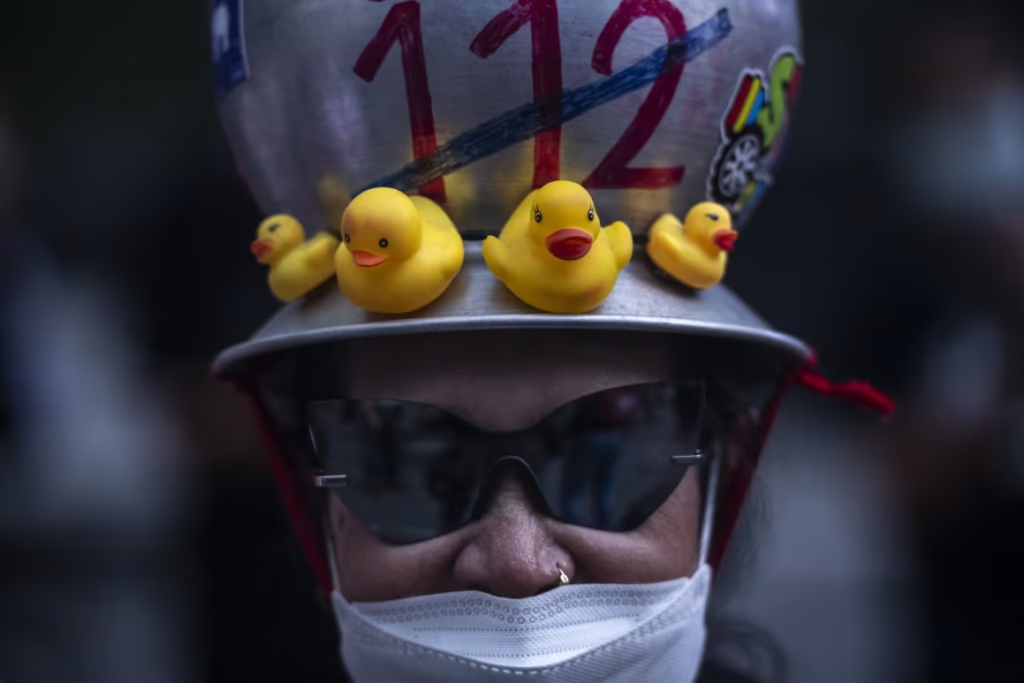Thailand’s lèse-majesté law, known as Section 112, makes it illegal to defame, insult, or threaten the monarchy. Each violation can bring a prison sentence of three to fifteen years, making it one of the strictest laws of its kind in the world. Supporters argue it protects the monarchy, but critics say it is used to silence opposition and limit free speech.
Former Prime Minister Thaksin Shinawatra is now facing charges under this law. The case comes from a 2015 interview where he suggested that the royal Privy Council was involved in a coup. Prosecutors claim these comments insulted the monarchy.
This is only part of the challenges facing the Shinawatra family. Thaksin’s daughter, current Prime Minister Paetongtarn Shinawatra, is dealing with her own legal issues, including an ethics case over a phone call with Cambodia’s leader. Another case questions whether Thaksin served his sentence unfairly in a hospital instead of prison. These combined cases could reshape the country’s politics.
Thailand has a long history of using lèse-majesté against critics, activists, and even ordinary citizens. People have been jailed for social media posts, peaceful protests, or academic discussions. Some sentences have lasted decades. One activist even died during a hunger strike while in custody for a lèse-majesté charge, intensifying calls for reform.
The legal battle against Thaksin shows how closely politics, the monarchy, and the courts remain tied together in Thailand. The outcome could have a major impact on the country’s democracy and its political future.


